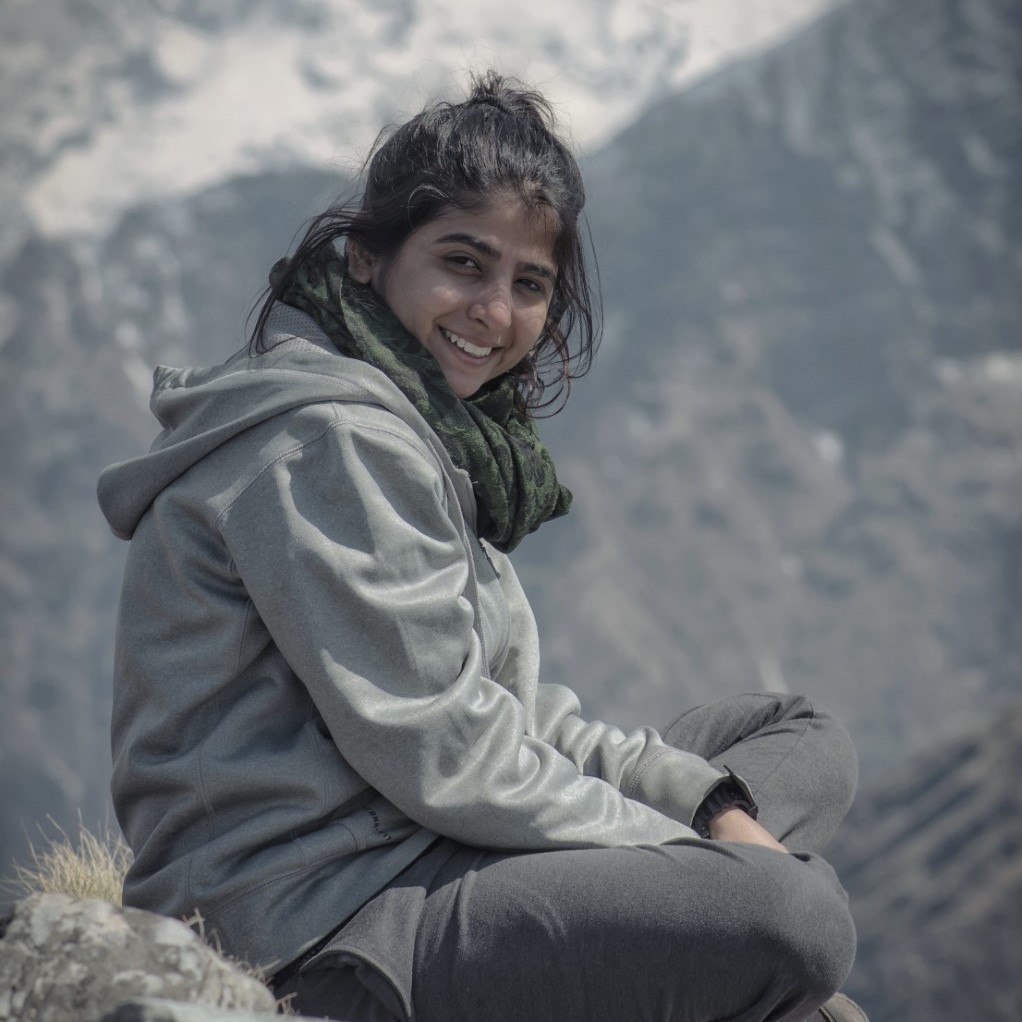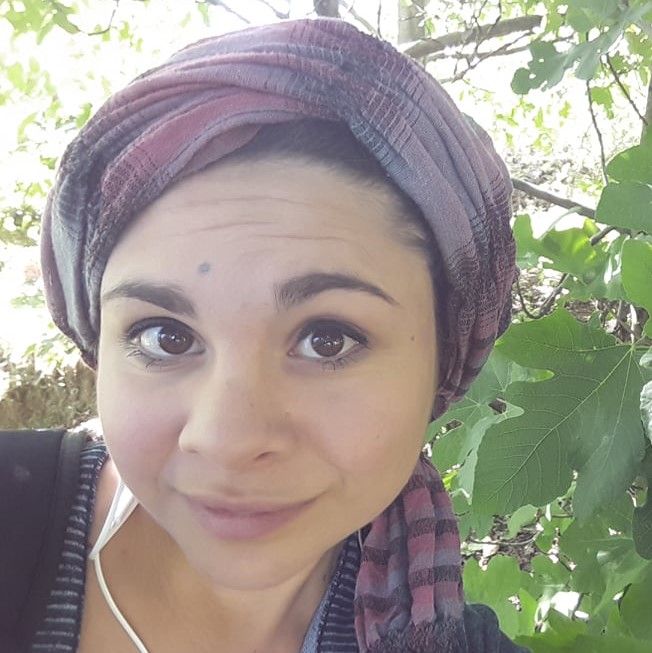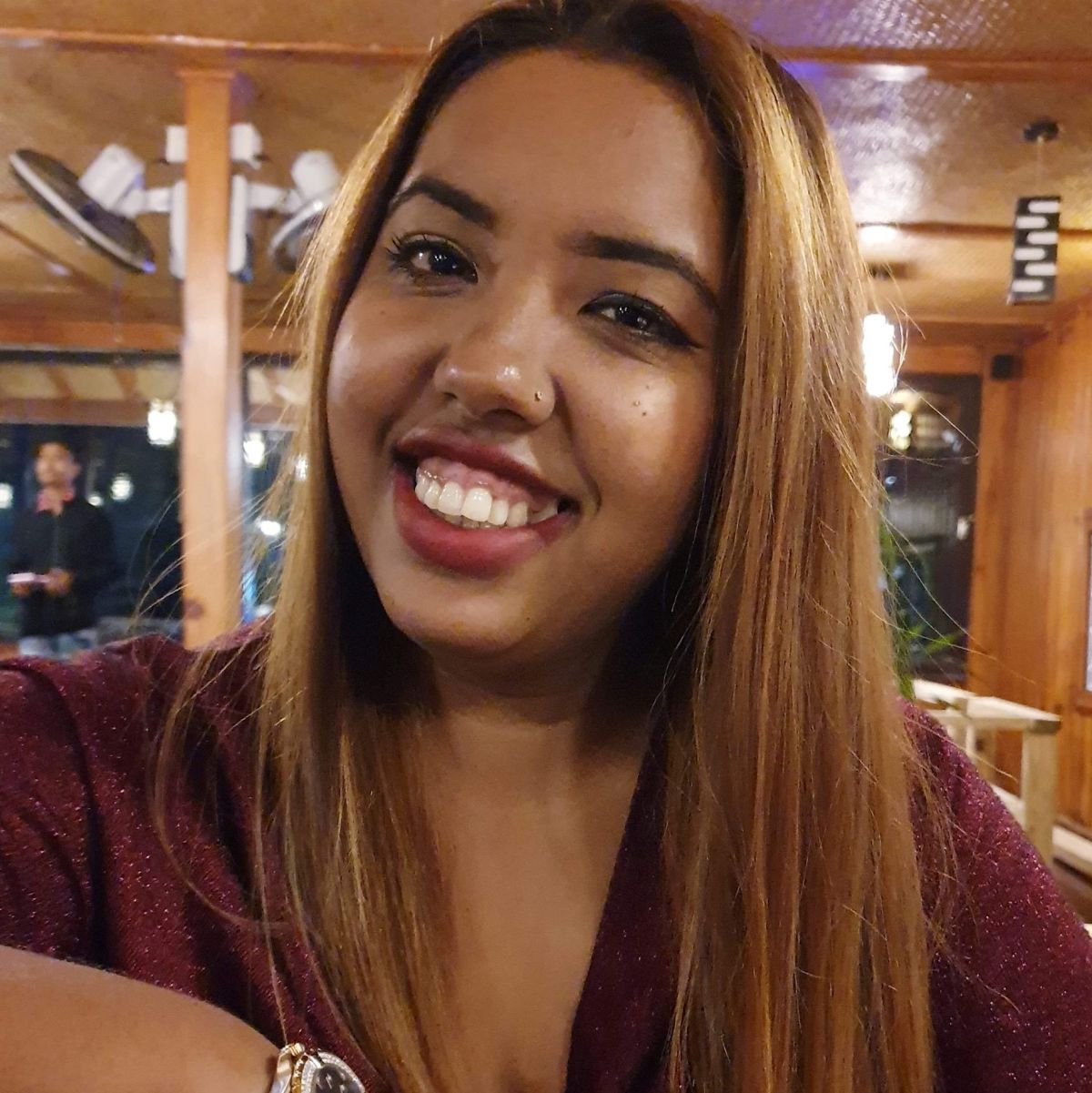Mi Vida como Mujer en India: Diosa de Muchas Virtudes, pero no de la Riqueza
A pesar de cumplir a la perfección la demanda social de ser una “supermujer”, mi madre apenas ha recibido aprecio por su esfuerzo.
India, Southern Asia
Story by Charu Thukral. Translated by Leonardo Ismael Pérez Correa
Published on October 27, 2020.
This story is also available in 




¿Sabes cómo se le da forma a un clavo de hierro? Es golpeado y moldeado por martillo mientras está caliente y el herrero puede darle la apariencia que desee. Así es como yo, junto a millones de otros niños, fui moldeada para aceptar ideas sobre el género que definen la supremacía de los hombres sobre las mujeres. Cambiar la forma de este clavo después de varios años es difícil pero posible mediante mucho martilleo.
Las mujeres en India son alabadas en la forma de diosas de varias virtudes. Por ejemplo, Lakshimi, diosa de la riqueza, Saraswati, diosa del conocimiento, Parvati, diosa de la amabilidad, y Kali, la destructora de la maldad. Sin embargo, al entrar en una casa India promedio[1] es evidente que las mujeres son consideradas maestras de todas las virtudes excepto la riqueza. Aunque el paradigma está cambiando, el proceso es lento y torpe. En India, sólo el 26% de las mujeres son parte de la fuerza de trabajo y sorprendentemente el número ha bajado desde 2005 (36.5%) [2].
Independientemente de su situación laboral, se espera que la mujer sea la encargada principal de las tareas hogareñas como la cocina, el aseo, la crianza y otros trabajos que no reciben salarios ni gracias.
Vengo de una moderna familia de clase media con opiniones conservadoras sobre algunas cosas. La idea de que las mujeres no pueden hacer trabajo remunerado era una de esas cosas. Desde que era una niña, he visto a mi madre ayudando a mi padre en el negocio. Aunque tenía un título en Hindi y en Sánscrito, se convirtió en alumna de cuentas para mi padre. Mientras se esforzaba por aprender los números y los conceptos, estaba bajo presión familiar para seguir haciendo las tareas del hogar. En ciertos momentos, estaba simultáneamente haciendo sus tareas y manejando las de la familia entera.
A pesar de cumplir a la perfección la demanda social de ser una “supermujer”, mi madre apenas ha recibido aprecio por su esfuerzo. Después de 20 años de manejar el negocio y al personal, su opinión aún vale muy poco en los asuntos económicos. Su género todavía define y domina su vida, haciendo que se levante en medio de su comida para servirle un vaso de agua a mi padre mientras el disfruta sin trabajar. Sin embargo, hago hincapié en que esto no se debe a que mi padre sea un chauvinista, si no a que la sociedad les ha enseñado a ambos padres sus roles y sus rangos.
¿Cambia la situación entre diferentes clases socioeconómicas? Definitivamente no. En mi opinión, la idea de que los roles de género están culturalmente anclados a una sociedad los vuelve inevitables. En otra historia cocinera (quien también es mu amiga) me habló sobre su hermana, quien, a diferencia de lo que su familia espera de ella, no puede callarse sobre el trato injusto que recibe de su marido. Esta mujer a estado casada a su esposo por 8 años y gana su propio dinero. Sin embargo, está a merced de que su marido le “permita” gastar ese dinero en lo que ella quiera.
A veces, el marido también recurre al abuso físico para forzar su voluntad sobre la de ella. El cambio positivo es que esta mujer nunca deja de discutir y siempre está dispuesta a luchar por sus derechos. Eso es lo que necesita ahora.
Mi madre aún mantiene el rango que le fue dado en base a su género cuando era nila. Principalmente porque se le enseñó que ese debía ser su único rol como esposa y/o madre. Pero mujeres como la hermana de mi cocinera son las que encabezan el cambio desafiar los roles definidos. Creo firmemente que decir en voz alta las consecuencias de la injusticia es el primer paso hacia el cambio. Esta historia es un intento de dar ese paso.
Pie de Página
[1] La situación puede ser diferente en distintas regiones de India. Aunque la mayor parte del Noreste y Sur le da más libertad y propiedad a las mujeres, la cultura tradicional (con sus expectativas e imposiciones) se mantiene ahí.
[2] Lea más aquí: https://www.thehindu.com/business/female-labour-force-participation-in-india-fell-to-26-in-2018-report/article26467857.ece
How does this story make you feel?
Follow-up
Do you have any questions after reading this story? Do you want to follow-up on what you've just read? Get in touch with our team to learn more! Send an email to [email protected].
Talk about this Story
Please enable cookies to view the comments powered by Disqus.
Subscribe to our Monthly Newsletter
Stay up to date with new stories on Correspondents of the World by subscribing to our monthly newsletter:
Other Stories in Español
Explore other Topics
Get involved
At Correspondents of the World, we want to contribute to a better understanding of one another in a world that seems to get smaller by the day - but somehow neglects to bring people closer together as well. We think that one of the most frequent reasons for misunderstanding and unnecessarily heated debates is that we don't really understand how each of us is affected differently by global issues.
Our aim is to change that with every personal story we share.
Community Worldwide
Correspondents of the World is not just this website, but also a great community of people from all over the world. While face-to-face meetings are difficult at the moment, our Facebook Community Group is THE place to be to meet other people invested in Correspondents of the World. We are currently running a series of online-tea talks to get to know each other better.




























